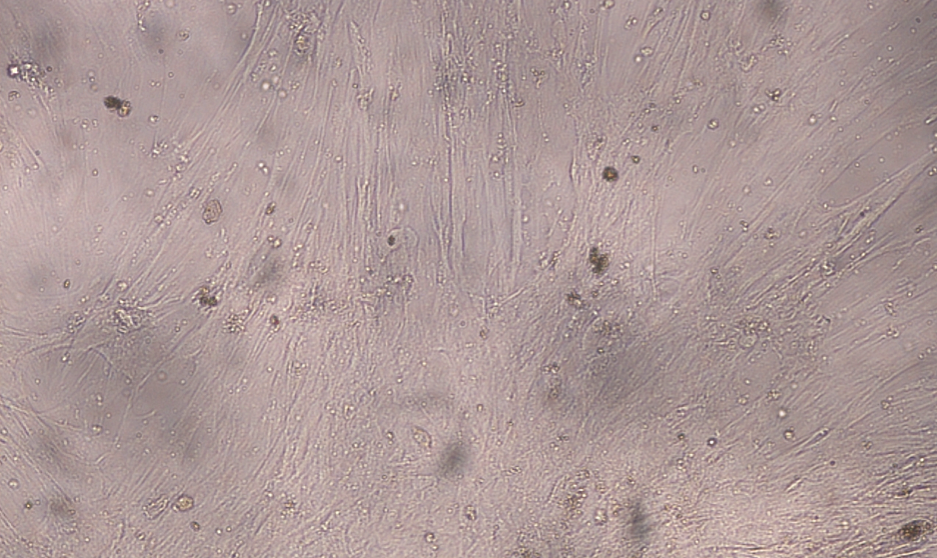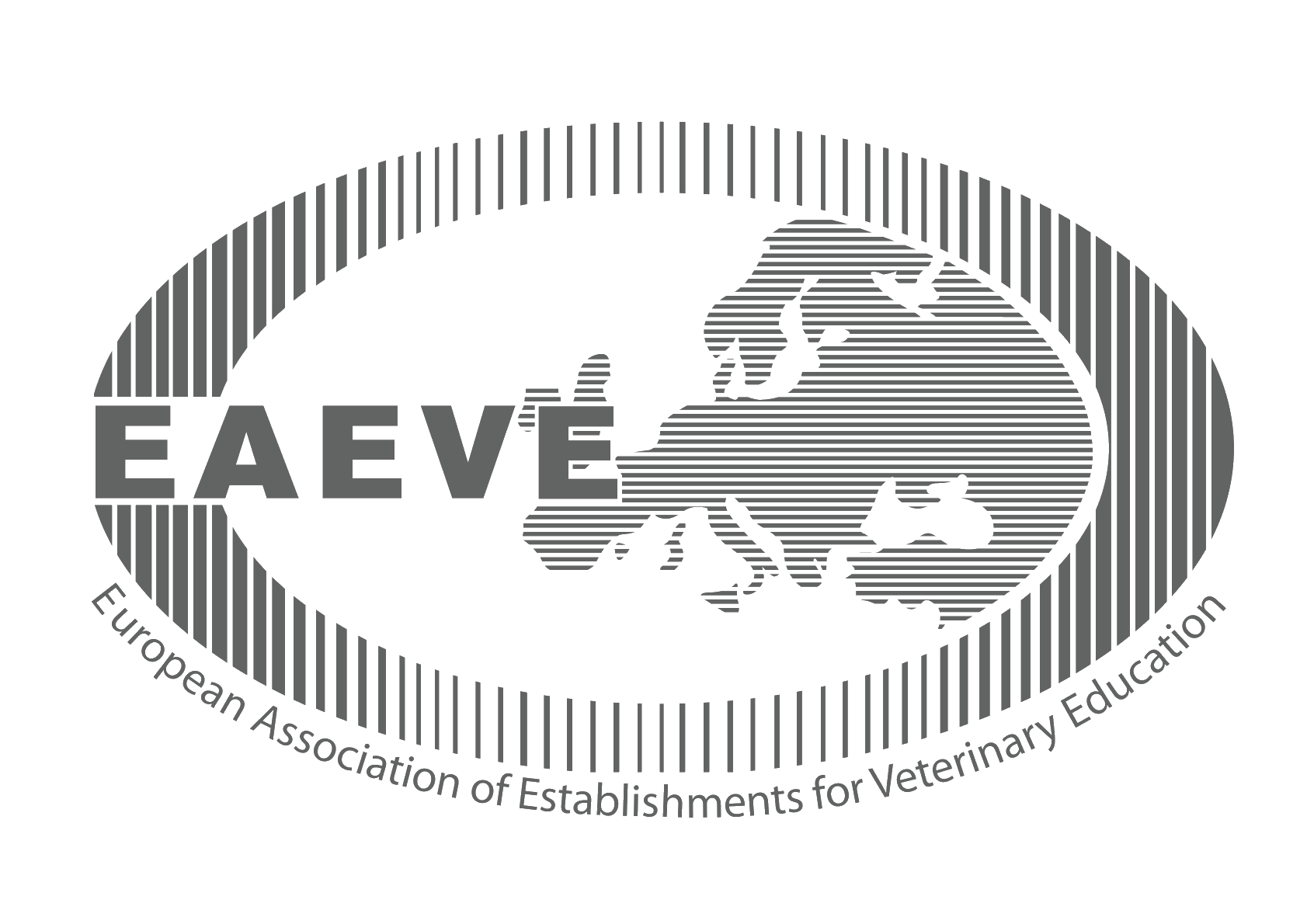.

Cell transplantation into murine brain as a model for brain damage treatment

General Data
Member of UL: Veterinary faculty
Name of the leading partner: UL VF
Status: leading partner
Project code/ Projet No.:
Project Title: Cell transplantation into murine brain as a model for brain damage treatment
Project period: 1.8.2017 – 31.5.2020
Yearly sum of FTE: 48.840,00 EUR per year
Leader: Jr. Res. Maša Čater, PhD
Scientific field: Biotechnology
Partners: Animacel Ltd.
Bibliography references:
ČATER, Maša, MAJDIČ, Gregor. Early postnatal maternal separation stress promotes hippocampus modifications in adult BALB/c mice. V: RITUPER, Boštjan (ur.), KORITNIK, Blaž (ur.). Book of abstracts, SiNAPSA Neuroscience Conference '19 - SNC'19, Ljubljana, Slovenia 20-21 September. Ljubljana: SiNAPSA, Slovenian Neuroscience Association. 2019, str. 62. http://www.sinapsa.org/SNC19/media/files/SNC19_Book_of_Abstracts.pdf.
ČATER, Maša. Stres in regeneracija možganov z matičnimi celicami. V: KOBAL, Edvard (ur.). Zbornik povzetkov, 24. Slovenski festival znanosti z mednarodno udeležbo, Narava, človek in eksperimenti, Ljubljana, 25. - 27. september 2018. Ljubljana: Ustanova Slovenska znanstvena fundacija: Univerza v Ljubljani: Lek. 2018, str. 35. http://www.u-szf.si/wp-content/uploads/2018/07/ZBORNIK-POVZETKOV-24.-SFZ.pdf.
ČATER, Maša. Bomo lahko odslej nevrodegenerativne bolezni zdravil z matičnimi celicami?. Esinapsa : spletna revija za znanstvenike, strokovnjake in nevroznanstvene navdušence, ISSN 2232-4178, 2018, št. 15. http://www.sinapsa.org/eSinapsa/stevilke/2018-15/231/bomo_lahko_odslej_nevrodegenerativne_bolezni_zdravili_z_maticnimi_celicami.
ČATER, Maša. Novosti iz celične in tkivne znanosti - poročilo s kongresa ACTC 2018. Esinapsa : spletna revija za znanstvenike, strokovnjake in nevroznanstvene navdušence, ISSN 2232-4178, 2018, št. 15. http://www.sinapsa.org/eSinapsa/stevilke/2018-15/235/novosti_iz_celicne_in_tkivne_znanosti_porocilo_s_kongresa_ACTC_2018.
ČATER, Maša. V 2017 korak naprej k uspešnejšemu zdravljenju bolnikov z nevrodegenerativnimi boleznimi. Esinapsa : spletna revija za znanstvenike, strokovnjake in nevroznanstvene navdušence, ISSN 2232-4178, 2017, št. 14, avtorj. sl. http://www.sinapsa.org/eSinapsa/stevilke/2017-14/220/2017_uspesnejse_zdravljenje.
Project description
Regenerative medicine using stem cells, together with the products of tissue engineering and the combination of stem cells and advanced biomaterials, is holding a huge potential for curing several diseases. This project’s goal is to study the applicability of stem cells and other cells at restraining and treating damage and developmental disorders in the central nervous system. The results will serve as a base for transferring the knowledge into humane and veterinary medicine..
We optimized isolation and in vitro proliferation of stem cells from different mouse strains and different tissues. An important result emerged while optimizing the growth of cells: the demand for oxygen and specific nutrients in the growth medium are highly strain- and tissue-specific. We focused on BALB/c mice later on in our studies, as best stem cell proliferation, using a modified growth medium in cooperation with Animacel Ltd., was reached with BALB/c strain (Figure 1).

Fig. 1: Mesenchymal stem cells isolated from adipose tissue of an adult BALB/c mouse and grown in vitro using a modified Animacel growth medium at hypoxic conditions.
Hippocampus was chosen as a model of brain damage/developmental disorder, as hippocampus is prone to changes due to stress from the environment. In our project, we focused on postnatal stress and the influence it has on the hippocampus, body weight, behaviour and expression of certain genes in the brain. Mouse pups were isolated from their mothers and siblings for 2 hours per day every day from their birth to weaning (21 days). Our interest is to study whether the changes in the hippocampi of stressed mice could be alleviated by transplanting stem cells into central region of hippocampus using stereotaxic injection. Mesenchymal stem cells from adipose tissue are used for transplantation, which are previously isolated from an adult mouse and proliferated in vitro until obtaining an adequate cell number. It has been reported before that stress provokes changes in the brain, causing a reduced ability to concentrate, learn, memorize and a greater chance to develop certain psychiatric disorder. Therefore, to study the effectiveness of transplanted stem cells at treating stress-induced brain changes, we monitor the behaviour of mice. Susceptibility for developing a depressive-like behaviour is studied with sucrose preference test. Anxiety-like behaviour, locomotor activity, curiosity for novelties and the level of sociability are studied with elevated plus maze, open field test, sociability test and light/dark box. After stem cell transplantation we are monitoring what is happening to the cells themselves and how they behave in the brain (survival rate, proliferation ability). The effect of injected cells is studied with monitoring the hippocampus weight, the hippocampal synapse density and expression of certain genes, which are involved in stress response.
Structure of the project group
1 raziskovalec: dr. Maša Čater, univ. dipl. bioteh.
Location
Gerbičeva 60
SI-1000 Ljubljana
Slovenija
Sample Reception
Samples are received at several locations throughout Slovenia. See where.
The veterinarian on duty
Emergency veterinary assistance for dogs and cats and a telephone number of constant readiness.
Library
A wide selection of domestic and foreign professional literature in the field of veterinary medicine and other sciences.
Main navigation
-
Education
- Informativni dan
- Why to become a veterinarian?
- Undergraduate Studies
- Postgraduate studies
- Pripravništvo
- Summer Schools
- Continuous education
- Professional Development
- International Activity
- Mednarodna dejavnost - Tuji študentje
- The Path to Creative Knowledge
- Tutoring
- Extracurricular Activities
- Career Centres
- Alumni
- Student organizations and societies
- Quality Assurance
- Clinics
- Diagnostics
- Dobrobit
- NVI
- Research
- About us
- Hub


